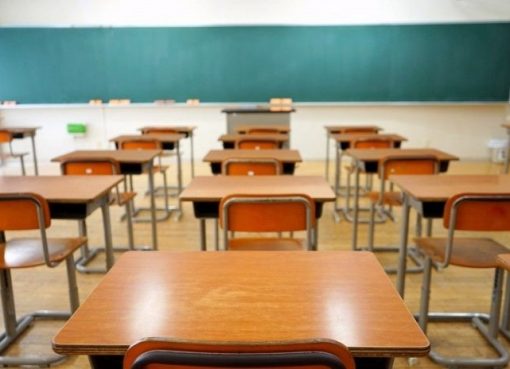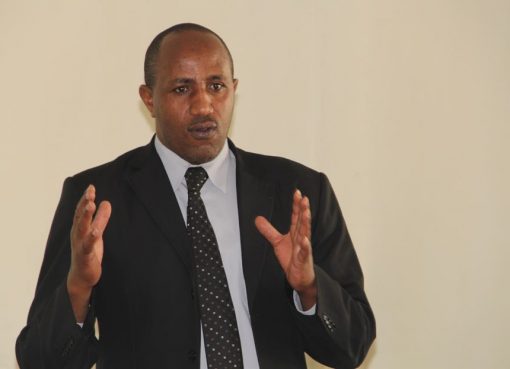The Kenya Wildlife Service (KWS) has launched a drive to tame the rising cases of human wildlife conflicts in Lake Victoria.
Through a drive dubbed safe access to water, KWS plans to create awareness on how people living within the lake basin can derive economic benefits from the water body without being in conflict with wildlife.
KWS Senior Assistant Director in charge of the Western Conservation area Ms. Catherine Wambani said the project to be implemented jointly with the 13 county governments in the area will see the number of human wildlife conflicts cases reduced.
Wambani said through partnership with the devolved units, Community Based Organizations (CBOs) and members of the public, sensitization drives on how to coexist with wildlife shall be scaled up across the region.
This, she said, was a long term measure to reverse the negative effects of the menace and at the same time save the agency millions of shillings in compensation fees to victims.
Over the last two years, the water levels in Lake Victoria have risen resulting in a spike in the number of wildlife attacks. The victims mainly attacked by hippos, crocodiles and snakes continue to flock to KWS offices seeking compensation with some family members who have lost loved ones left traumatized.
“Human life can never be compensated. There is no amount of money that can compensate for the loss of human life, maiming and suffering,” she said.
Wambani made the remarks at Tom Mboya Labour College in Kisumu during a public participation exercise on the review of rates to national parks, game reserves and sanctuaries
She said the project to be spearheaded by the County Wildlife Conservation Committees which are chaired by County Commissioners will act as a deterrent measure to ensure that fishermen, tourists and other people who use the lake to earn a livelihood remain safe.
“The main objective of this project is to provide support to these people to prevent the damage, injury and loss of lives,” she said.
“We take cognizance of the fact that these people must access the lake. The crocodiles, snakes and hippos live in the lake and must come on land from time to time to feed. That interaction must be safe,” she added.
Besides the sensitization and training, KWS, she added, was looking for alternative ways to support the community to go about their economic activities without getting into conflict with the wild animals.
“This is a day to day challenge which KWS cannot handle on its own. That is why we are taking this multi-agency approach to address the matter,” she said. .
The proposal to review the rates, she said, was necessitated by the fluctuation of visitors to the parks as the sector recovers from the effects of Covid-19 lock down. “We are looking at how we can make it possible for our parks to receive visitation consistently throughout the year,” she said.
The review, she added targets to generate revenue to refurbish and upgrade the parks and sanctuaries as the country angles to become a regional tourism hub.
By Chris Mahandara





